Listen to the latest episode of Ghost Wrap here, brought to you by Mazars:
African Rainbow Capital keeps hurting shareholders (JSE: AIL)
I would rather invest in a dying parrot than in this company – at least it would entertain me on the way out
We’ve just seen Sibanye with a major capital raise and Sirius raising money at the net asset value per share. In both cases, I can understand why this is happening.
We then have African Rainbow Capital, where the only pot of gold at the end of the rainbow has been for the insiders. In five years, the share price has lost 11% of its value. The management team, on the other hand, has done just fine thank you.
After a recent move to make the management fees more palatable, investors thought that perhaps the group had turned a corner in terms of making money at the expense of shareholders. But alas, we now have a rights offer at a large discount to net asset value and on the basis where letters of allocation can’t be sold. In other words, you either follow your rights or you get diluted. Excess applications also aren’t allowed.
And of course, in a shock to exactly nobody, the rights offer is underwritten by African Rainbow Capital (Pty) Ltd. I’m finding it hard not to view this as a shameless attempt to dilute minority shareholders in favour of African Rainbow Capital. The only good news is that no underwriting fees are payable, so at least they stopped one level short of what could’ve happened.
The capital raise of R750 million will be used to fund market expansion for Rain Group, ongoing opportunities at Tyme and investment strategies of various portfolio companies like Autoboys, Linebooker and Appolo. These are venture-style opportunities in many respects, with the hope that the “combined portfolio is expected to become more cash generative during the next twelve months.”
The offer price is R5.00, which is a 7.3% discount to the 30-day VWAP. The intrinsic net asset value per share (i.e. what management tells us they are worth) is R11.41.
My money will never go anywhere near this thing.
Argent Industrial: the right side of operating leverage (JSE: ART)
This is what you want to see on an income statement
Operating leverage is the way in which a percentage move in revenue translates into a percentage move in operating profit. The reason for this phenomenon is the presence of fixed costs which grow by inflation rather than in line with revenue. This creates a cost underpin that enables profits to move by a higher percentage than revenue.
It can work for or against you. At Argent Industrial, it’s working for you at the moment.
Revenue for the six months to September is up by 8.6%. Operating profit is up 20.7%. HEPS is up 22.9%. A high single digit move at the top of the income statement is very exciting by the time we reach the bottom.
The other important thing to always look for is growth in the dividend relative to HEPS. If the earnings are of high quality, then a consistent payout ratio should be visible. That box has also been ticked here, with the dividend up by 22.2% to 55 cents.
Interim HEPS of 222.7 cents can be compared to the closing share price of R14.99. The share price has been on an incredible run over 5 years (i.e. vs. pre-Covid), but has consolidated this year.
Coronation signs off on the SARS-ruined year (JSE: CML)
Even without the catax-trophe, earnings would be slightly lower
Coronation has released results for the year ended September 2023. This will always go down as the year that SARS destroyed for Coronation shareholders, with headline earnings per share down 50% and the dividend down 57% because the money went to the tax authorities instead of shareholders.
If we try and look past that issue to consider the underlying performance in the business, we find revenue down 2% and fund management earnings per share down by 4% excluding SARS. Net outflows for the period were 10% of average assets under management, so it hasn’t exactly been a great performance even without the tax problem, especially when total operating expenses increased by 8% year-on-year.
The critical final point here is that the Constitutional Court will hear the Coronation case, with an outcome expected in the second half of the 2024 calendar year. This is a landmark case for South African corporates with offshore operations, so there will be many eyes on this.
Deneb’s HEPS has increased sharply – but only with an adjustment (JSE: DNB)
In this case, the adjustment is warranted
Deneb Investments has released a trading statement for the six months to September. It reflects an expected drop in HEPS of between 26% and 46%. This doesn’t tell the story of the underlying business at all, as the base period included the receive of a substantial insurance claim for business interruption. That’s clearly a non-recurring item that needs to be adjusted for.
Stripping that out of the base period shows HEPS growth of between 59% and 79%. What I can’t understand is that in the calculation, HEPS for the current period is also different, despite no obvious explanation for this.
It’s perhaps best to wait for the release of detailed results.
There’s good momentum at Momentum (JSE: MTM)
Including in the short-term insurance business, where they got on the right side of claims inflation
Momentum Metropolitan has released an update for the three months to September. It’s important to recognise that this covers only one quarter, so that’s not the same as considering a longer period at its competitors. In a volatile environment, you always need to be conscious of the time period you’re looking at.
An important metric is growth in the present value of new business premiums. There’s a lot of actuarial work that goes into this, along with many rules under IFRS 17. There have been recent changes to the accounting rules and Momentum acknowledges this as one of the drivers of 18% growth in this metric.
Still, if I read through the announcement, the broad narrative is mostly positive. Recurring premiums fell 25% due to a large deal in the base, but single premiums grew by 31%. Another important metric is assets under management on the Momentum Wealth platform, which grew 14%.
I found the productivity stat rather interesting as well. In the Life business, tied agents are averaging 2.9 policies per week.
A somewhat depressing stat is that membership in the Momentum Medical scheme and corporate market segment declined, with the company attributing this to economic conditions leading to a drop on employment numbers within the corporate client base.
In Momentum Insure, the short-term business, premium growth was 9% and the claims ratio improved markedly from 69.8% to 65.9%. The company notes that persistency (people hanging onto their policies) was acceptable despite the increase in pricing to improve the claims ratio. There’s no doubt that our short-term insurance industry is going to keep putting pressure on household budgets, sadly out of necessity.
The market hated the Sibanye news (JSE: SSW)
If you hold Sibanye shares, you’ve had a bad time
Sibanye’s share price has been causing many headaches over the past year. There’s now a kick somewhere painful to go along with the headache, as the share price got smashed by well over 20% when the company announced the launch of $500 million senior unsecured guaranteed convertible bonds due 2028.
That’s a mouthful, isn’t it?
Basically, the company needs to raise capital. We are in a “lower commodity price environment” according to Sibanye, which means the balance sheet needs some love. There’s also the acquisition of Reldan to consider, which was announced earlier in November.
The market doesn’t like it because of the potential dilution that these convertible instruments bring. The initial pricing guidance was for a coupon of between 4.0% and 4.5% per annum, and remember that this is in dollars. The price was announced in the afternoon as being 4.25%, so it came in squarely in the middle of guidance. The conversion price is only 32.5% above the current price on the market, so there doesn’t need to be much upside from the current depressed level of the share price before these instruments are in the money. There are mechanisms that allow the conversion element of the bonds to be settled in cash. Either way, the bonds are being issued at a time when the price has lost a lot of value and the fairly modest conversion price relative to the current level means that this is expensive funding for Sibanye.
Still, it seems like quite the overreaction to me. We are talking about a market cap of R66.5 billion before this drop. Does it make sense to have shed over R16.5 billion in market cap based on a convertible debt issuance of around R9.2 billion?
The issuance was multiple times oversubscribed, so there was no shortage of demand in the market for these instruments.
This is the danger of negative sentiment around a share price. It’s tough to recover and it’s easy to drop further. Still, I think we might be nearing the bottom here.
Sirius managed to raise capital at the 30-day VWAP (JSE: SRE)
This is strong support from the market
As noted in yesterday’s Ghost Bites, Sirius Real Estate decided to tap the market in what is called an accelerated bookbuild. Essentially, the bookrunners get out their little black books and phone selected institutional investors to secure their participation in the raise.
The goal was to raise £145 million and it was no problem at all, with £146.6 million raised in the space of one day. Welcome to what public markets are actually supposed to achieve. The shares to be issued represent 14.5% of existing share capital.
The offer price of 86 pence was a 5.9% discount to the price on 17 November and a 2.3% discount to the intraday price at the time at which the offer price was agreed. But in reality, it’s a discount of just 0.1% to the 30-day volume weighted average price (VWAP). If you know anything about capital raises, you’ll know that this was a very decent outcome, especially in this market.
It sounds like some new shareholders were welcomed onto the register as part of the process. The allocation of shares is an important strategic decision, with institutional relationships to look after. Speaking of the allocation, something I found interesting is that directors and other insiders participated to the value of £180k. Although this is a very small percentage of the total capital raise, I’m not sure how I feel about insiders participating in an accelerated bookbuild. It’s all good and well when capital is raised at a modest (or no) discount, but what about in a significantly discounted bookbuild? We would then be incentivising directors to raise capital and participate in a discounted raise.
Of course, the counter to this argument is that insider buying is a good thing in terms of alignment with shareholders. Given the price at which this capital was raised, I would buy that argument in this case.
Either way, it’s a successful raise for Sirius and it’s good to see some positive activity on the market.
Southern Sun: occupancy and pricing both work their magic (JSE: SSU)
Consumers will pay up for leisure travel
Throughout the post-pandemic period, I’ve been pointing out the importance of the distinction between leisure and business travel. One is far less price sensitive than the other. Business travel can be replaced with a Teams or Zoom call. Leisure travel can’t. This is why I’m naturally more bullish on a group like Southern Sun vs. City Lodge, despite the impressive steps taken by City Lodge management.
There’s nothing in the latest numbers from Southern Sun to change my mind. In the six months to September 2023, occupancy jumped from 46.0% to 56.3%. Average room rate increased by 11.4%. With strong growth in occupancy and pricing, there’s only one direction of travel for earnings and that is firmly in the right direction.
For a through-the-cycle view, average room rate is 25.2% higher than the comparable six-month period in 2019. Again, this type of travel can withstand inflationary increases. Occupancy is now only slightly below the 59.1% achieved in 2019.
It also comes as absolutely no surprise to me to read that the Western Cape is a hotbed of activity for the group.
Now here’s the funny thing: HEPS is down 21%. That’s not a typo. You should be very suspicious by now based on everything I’ve told you, and those suspicions would be warranted. The base period included a R313 million post-tax separation payment. If we adjust for that, then adjusted HEPS is up by 1,400%!
HEPS for this period was 18 cents and the share price is R4.80.
Telkom has pulled off much better numbers (JSE: TKG)
Plus, there’s a preferred bidder for Swiftnet!
I’ll start with the Swiftnet news, which is the towers business owned by Telkom that has been on the chopping block for a while now. Telkom has been in a competitive disposal process to pass this asset onto someone else, as the towers tend to be more like property assets than anything else. This means they chew up capital and don’t offer returns that are good enough for an operating company like Telkom.
There is a preferred bidder that sees value in the towers. Although the names aren’t given, this is a consortium of equity investors (including a B-BBEE partner), led and managed by a private equity firm. I’m quite surprised to see private equity at the table given the fairly modest returns that property-style investments can give, but all will be revealed if there’s a deal on the table. At this stage, there’s no guarantee of anything happening, but discussions are clearly at an advanced stage.
Separately, Telkom released numbers for the six months to September. Revenue is up 2.5% and EBITDA is up 1.7%. That’s not exciting, I know, but headline earnings per share is up by a far more interesting 46.7%. The most exciting jump is in free cash flow, up 130.4%!
Telkom always talks about next-generation revenue, which is the stuff that literally everyone else realises is actually current generation. I guess that compared to old school home phone lines, anything is high tech. Anyway, that revenue grew by 6.9%, so the ongoing fall in the legacy business obviously mitigated a big chunk of that growth to give us the group number of 2.5%. Copper-based voice services now contribute 4.5% of revenue, down from 6.2% in the previous year.
Interestingly, Openserve has the highest fibre connectivity rate in the market at 46.8%, with a 22.4% increase in the number of homes with connections. EBITDA margin in this business moved higher to 31.8%, helped by the use of sustainable energy to partially offset the impact of load shedding.
Speaking of data, Telkom Mobile grew external revenue by 4.1%, driven by demand for data jumping by 22.9%. There is absolutely no doubt that consumers are far more interested in data than voice services.
I’ll also give BCX a mention, where revenue was up just 0.7% as that part of the businesses continued to run on the difficult treadmill of legacy vs. new revenue sources.
Swiftnet achieved growth in revenue from continuing customers of 6.8%. Sadly, “continuing customers” is a metric before terminations. Total revenue was only up by 1.2%, so the sooner Telkom can sell this part of the group, the better.
It’s likely that there will be other deals on the table after Swiftnet. The company is looking at options related to minority partnerships in Openserve and a strategic equity partner for BCX. There are some executive changes as well, with Telkom talking about positioning itself strategically as an InfraCo. I would’ve thought that masts and towers are also infrastructure, but clearly not.
The share price was around 7% higher by late afternoon trade. It’s still sharply down this year and in the red over pretty much any other time period as well.
Little Bites:
- Director dealings:
- The company secretary of Datatec (JSE: DTC) has sold shares worth nearly R5 million.
- There’s another purchase of shares in Lighthouse Properties (JSE: LTE) and once again it isn’t by Des de Beer. Instead, Mark Olivier has loaded up another R804k worth of shares.
- Premier Group (JSE: PMR) has done some kind of transaction that has seen directors of a major subsidiary buy unlisted A ordinary shares in the group holding company from that subsidiary. The deal value is almost R610k.
- Aside from the various insiders at Sirius Real Estate (JSE: SRE) who participated in the accelerated bookbuild to the value of £180k, a non-executive director also bought shares worth nearly £20k.
- Associates of the CEO of Spear REIT (JSE: SEA) bought shares worth R67k.
- AB InBev (JSE: ANH) has given an update on progress made in the share buyback programme. Since it was announced on 31 October, repurchases to the value of $95 million have been made. The programme is for $1 billion in repurchases over 12 months.
- Woolworths (JSE: WHL) announced that Zaid Manjra has been permanently appointed as the Group Finance Director. He’s been acting in the role since July.
- It’s interesting to note that Hyprop (JSE: HYP) amended a special resolution due for adoption at the AGM. Shareholders clearly had some frank conversations around this matter, leading to the resolution for the repurchase of shares being amended to reflect a maximum premium of 5% rather than 10%. This premium is calculated with reference to the 5-day VWAP.
- Castleview Property Fund (JSE: CVW) has now declared the interim dividend of 10.676 cents per share.
- Although the deal hasn’t closed yet, it sounds like the secured lender group at Tongaat (JSE: TON) are still selling their lender claims to Terris Sugar, Guma, Remoggo and Almoiz.

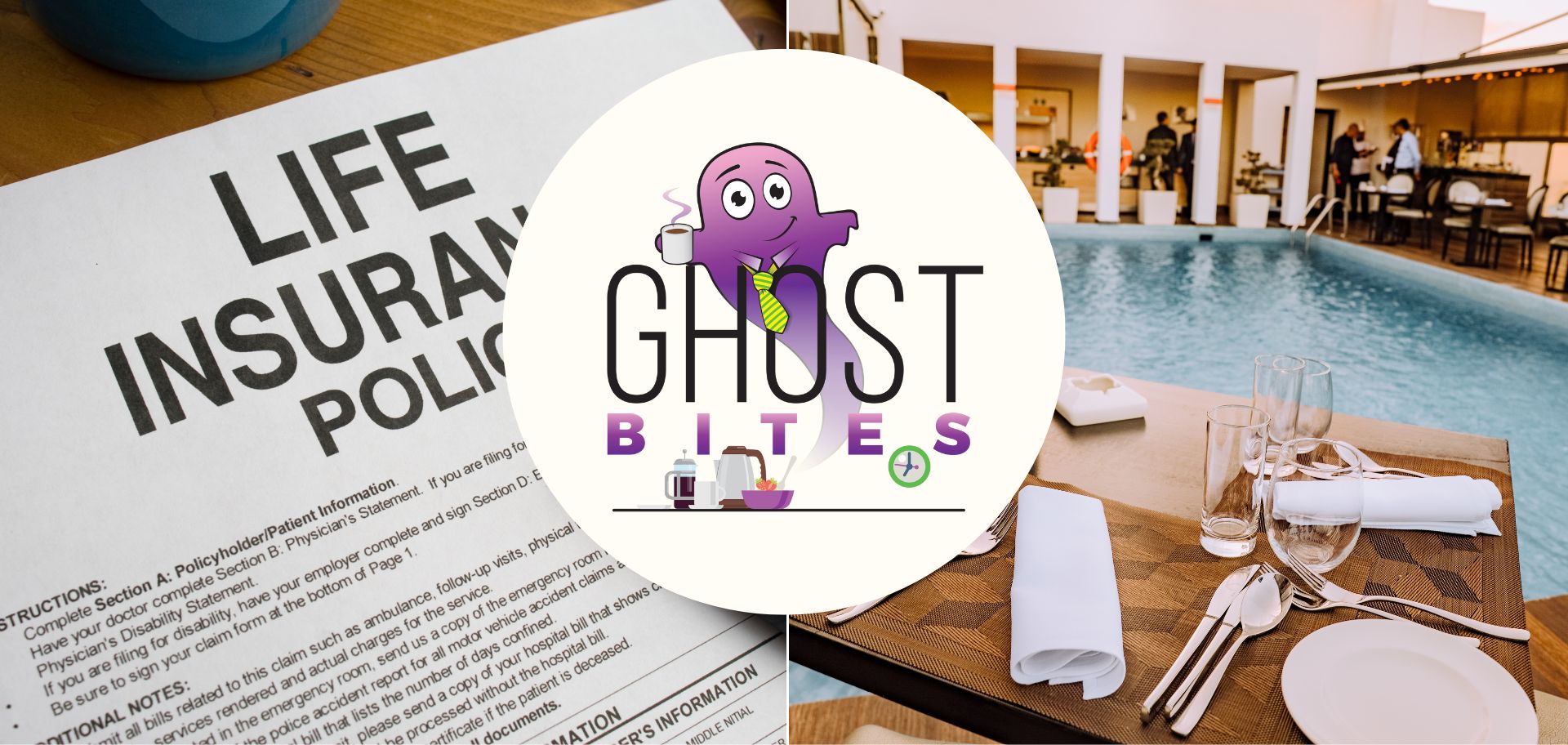

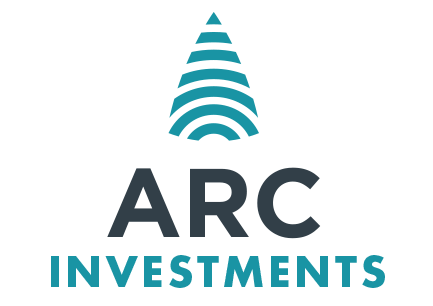
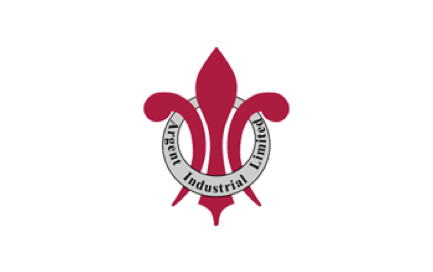
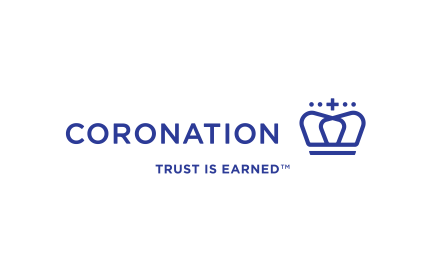
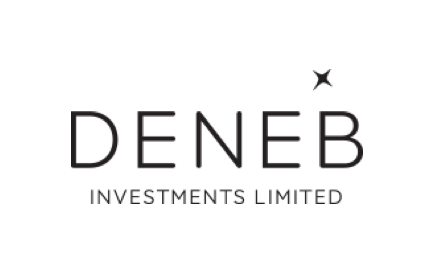
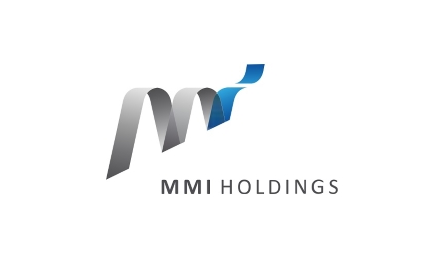
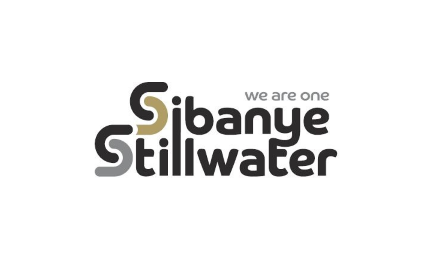
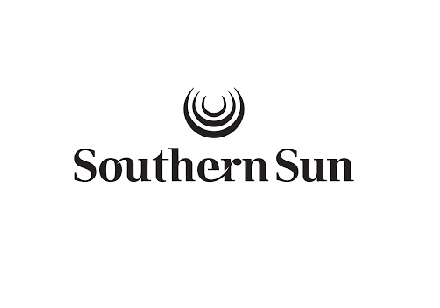
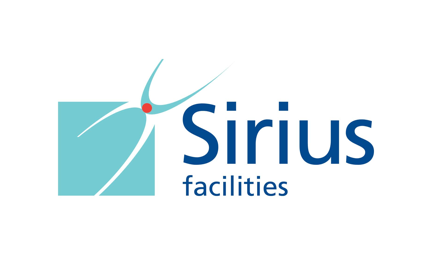
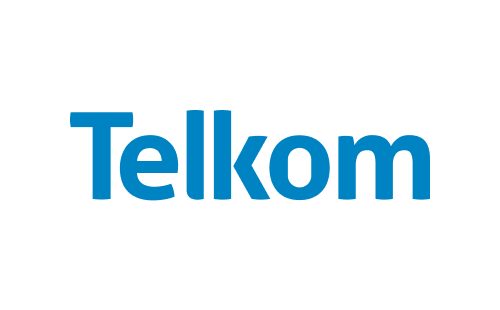
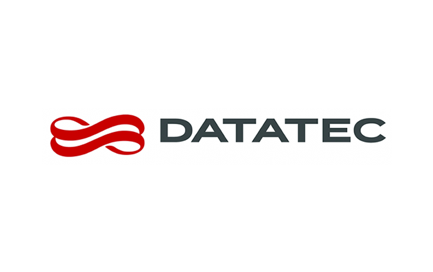

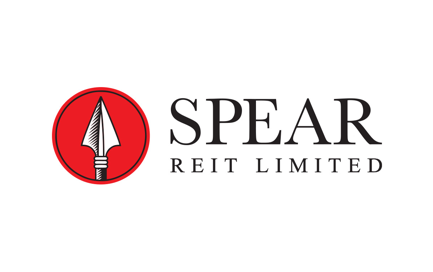
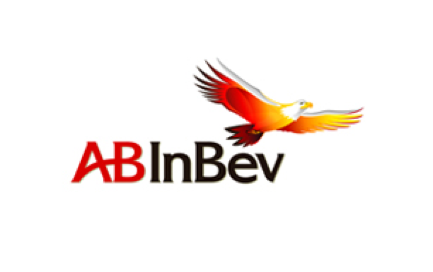
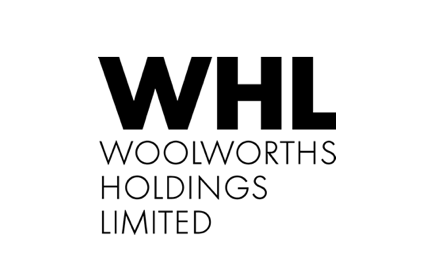
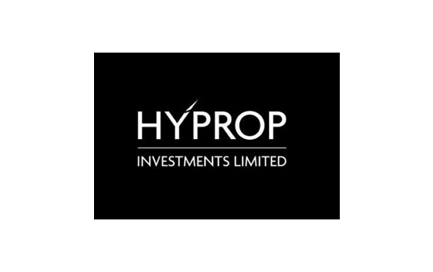
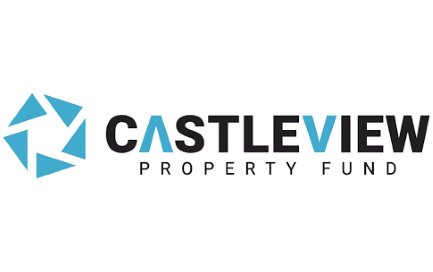
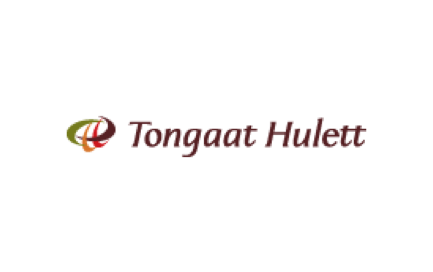


Massive spike in volume for Sibanye – over 7% of shares in issue traded on one day. Plenty os small caps don’t trade that much in a year
Why is the share price of LTE down 2.2% over three months despite all the buying by Des & Co? Are they not losing money in the process?
Playing the looooong game of international diversification, I would imagine.